can I use horse manure to feed roses
cthornton
14 years ago
Related Stories

GARDENING GUIDESThe Poop Scoop: Enrich Your Soil With Good Old Manure
Get over the ick factor already — this natural super-ingredient for soil has so many benefits, you'll wonder why you ever went chemical
Full Story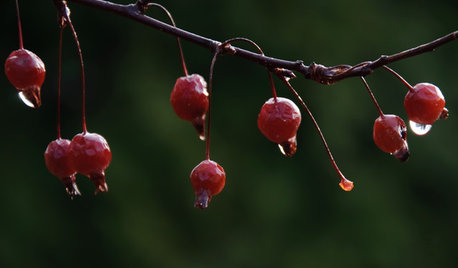
GARDENING FOR BIRDSFeed the Birds: 6 Plants for Abundant Winter Berries
Be kind to your fair feathered friends during lean food times by planting a shrub or tree loaded with nutritious snacks
Full Story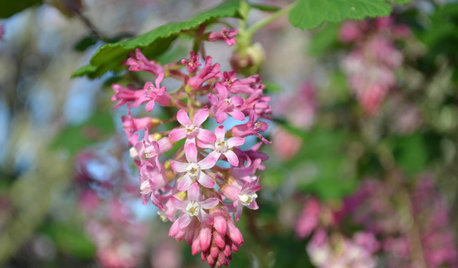
GARDENING GUIDESGreat Design Plant: Feed Wildlife With Flowering Currant
Blossoms and berries make this plant irresistible to birds, bees and other critters — and a treat for the eyes too
Full Story
KITCHEN DESIGNKitchen of the Week: Casual Equestrian Feel on a Horse Farm
Red cabinetry, salvaged barn decor and a window for feeding treats to horses combine in a lively, comfortable family kitchen
Full Story
STUDIOS AND WORKSHOPSYour Space Can Help You Get Down to Work. Here's How
Feed your creativity and reduce distractions with the right work surfaces, the right chair, and a good balance of sights and sounds
Full Story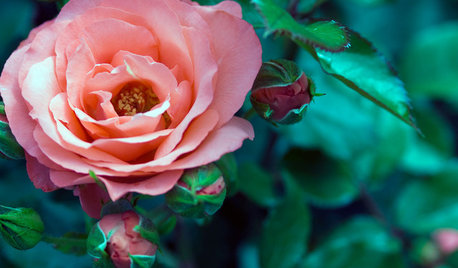
GARDENING GUIDESLearn the Secret to Bigger and Better Roses
Grow beautiful roses using both ordinary and unusual soil amendments
Full Story
MUDROOMSThe Cure for Houzz Envy: Mudroom Touches Anyone Can Do
Make a utilitarian mudroom snazzier and better organized with these cheap and easy ideas
Full Story
FENCES AND GATESA Deer Fence Can Be Decorative as Well as Protective
You need a monster-size fence to shelter your garden from deer, but it doesn’t have to look like a monstrosity
Full Story
INSPIRING GARDENSWe Can Dream: Lush Life on a Historic Normandy Estate
New gardens surround centuries-old buildings on a 10-acre property in France, creating a beautiful haven
Full Story
GUESTHOUSESHouzz Tour: This Guesthouse’s Former Residents Were Horses
A new insulated exterior for a Vermont carriage barn preserves its rustic interior
Full StoryMore Discussions






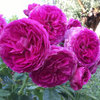

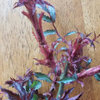
jerijen
catsrose
Related Professionals
Kyle Landscape Architects & Landscape Designers · Lakeland Landscape Contractors · Stamford Landscape Contractors · Brooklyn Park Landscape Contractors · Cambridge Landscape Contractors · Dixon Landscape Contractors · Lemoore Landscape Contractors · Mendota Heights Landscape Contractors · Milford Landscape Contractors · Mount Sinai Landscape Contractors · Newnan Landscape Contractors · Pleasant Grove Landscape Contractors · Santa Maria Landscape Contractors · South Farmingdale Landscape Contractors · North Hills Landscape Contractorsjerijen
catsrose
greenhaven
jerijen
Jeannie Cochell
karl_bapst_rosenut
jerijen
catsrose
jerijen
Jeannie Cochell
roseman
karl_bapst_rosenut
cthorntonOriginal Author
jerijen
allison64
jerijen
allison64
jerijen
Jeannie Cochell
cthorntonOriginal Author
berndoodle
Jeannie Cochell
cthorntonOriginal Author
gatormomx2